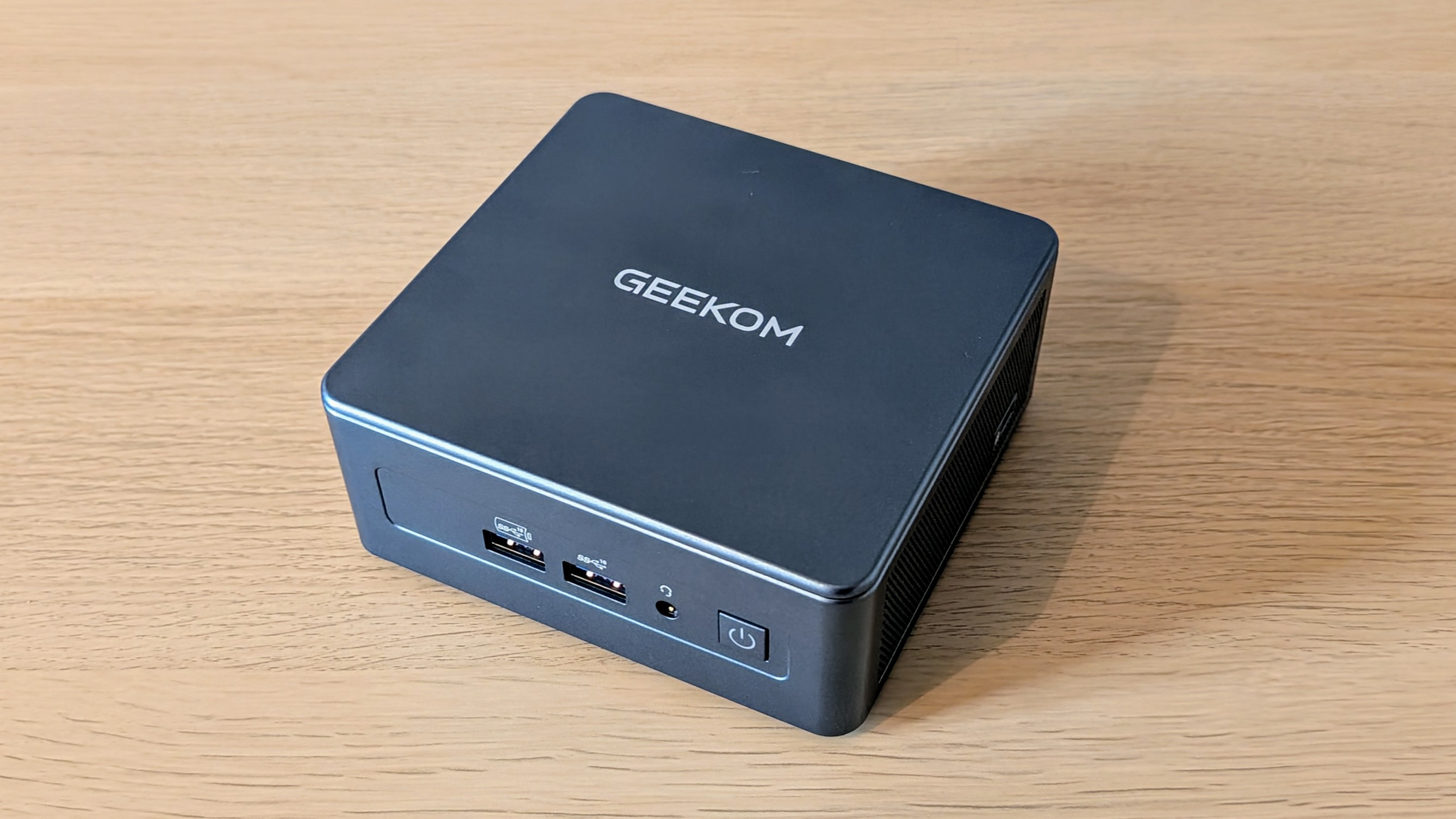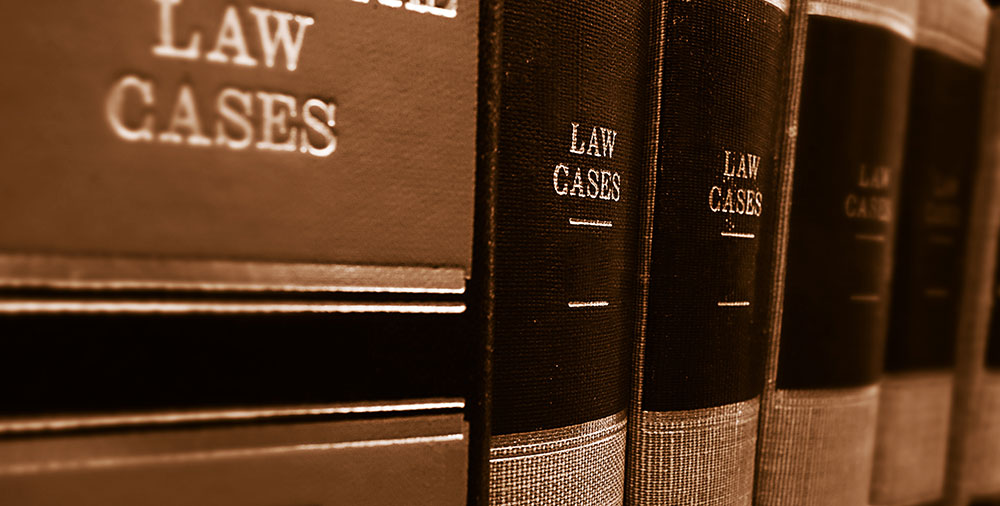Portugal floats ‘terabyte tax’ in fight against illegal file sharers
Opposition party proposes tax on storage devices to protect copyright owners.


Portugal could introduce a tax on storage devices to protect copyright holders from file sharers.
According to a report on Exame Informatica, the Portuguese Social Party wants to introduce the levy on a per terabyte basis in order to recoup the losses made by copyright holders thanks to illegal file sharing.
Levies exist to compensate right holders for that private copying, so where no private copying is permitted there is no need for levies.
The party claimed the policy was aimed at large capacity customers, but the taxes could hit consumer and business users too.
The tax would be equivalent to almost 21(17) for each terabyte (TB), with storage devices over 1TB having a flat rate of 0.25 (0.20) per gigabit (GB). This would mean that the 4TB drives on the market at the moment could have around 100 (82.60) added to the price tag.
It is not just external hard drives or large storage boxes that would be affected. Mobile phones with built in storage would be subject to a charge of 0.50 (0.50) for every GB they provide.
The Portuguese government is yet to give its backing to the proposals, but it has caused other European countries to question whether this type of tax would be an option for them.
Get the ITPro daily newsletter
Sign up today and you will receive a free copy of our Future Focus 2025 report - the leading guidance on AI, cybersecurity and other IT challenges as per 700+ senior executives
However, Adam Rendle, copyright specialist at international law firm Taylor Wessing, said the Portuguese proposals should not be a cause of concern for the UK just yet.
"In contrast to many European countries, the UK historically has not seen levies on materials capable of copying and storing content," he told IT Pro. "This is because there is no exception in UK law for private copying', which would allow format shifting and copying onto storage devices. Private copying is not currently permitted in the UK.
"Levies exist to compensate right holders for that private copying, so where no private copying is permitted there is no need for levies," he added.
But, the UK Government is looking into introducing a private copying exception, warned Rendle.
"European law, however, requires fair compensation' for right holders when private copying is allowed. So, if the current preference is maintained, there is a risk that the UK could be non-compliant with European law," he explained.
"So, yes, a levy could be introduced in the UK in future, although it is very unclear what it would be and how it would operate."
Websites offering legal music downloads could be subject to levies in future, said Rendle. "The levy would be imposed on the source of the content and without having to identify any number of devices or services on which content could be stored.
"It would, however, be risky to do that while the market is still developing as it could make the services more expensive for consumers and harm a still nascent market," he added.
Jennifer Scott is a former freelance journalist and currently political reporter for Sky News. She has a varied writing history, having started her career at Dennis Publishing, working in various roles across its business technology titles, including ITPro. Jennifer has specialised in a number of areas over the years and has produced a wealth of content for ITPro, focusing largely on data storage, networking, cloud computing, and telecommunications.
Most recently Jennifer has turned her skills to the political sphere and broadcast journalism, where she has worked for the BBC as a political reporter, before moving to Sky News.
-
 Geekom Mini IT13 Review
Geekom Mini IT13 ReviewReviews It may only be a mild update for the Mini IT13, but a more potent CPU has made a good mini PC just that little bit better
By Alun Taylor
-
 Why AI researchers are turning to nature for inspiration
Why AI researchers are turning to nature for inspirationIn-depth From ant colonies to neural networks, researchers are looking to nature to build more efficient, adaptable, and resilient systems
By David Howell
-
 ‘Big three’ cloud providers face business overhaul to continue EU operations
‘Big three’ cloud providers face business overhaul to continue EU operationsNews New security labeling rules for non-EU cloud providers have been a contentious topic in recent weeks
By Ross Kelly
-
 Biden rescinds Trump's anti-Section 230 executive order
Biden rescinds Trump's anti-Section 230 executive orderNews Trump order fought social media platform's censorship of political tweets
By Danny Bradbury
-
 Google secretly gamed its own ad system, lawsuit claims
Google secretly gamed its own ad system, lawsuit claimsNews Secretive “Project Bernanke” allegedly gave the search giant an unfair advantage
By Mike Brassfield
-
 What is flexible working?
What is flexible working?News Flexible working is all the rage, but what is it - and can anyone do it?
By Clare Hopping
-
 Jawbone sues Fitbit for third time in two months
Jawbone sues Fitbit for third time in two monthsNews Fitness band manufacturer files lawsuit against competitor for breach of patent
By Adam Shepherd
-
 Online trolls threatened with ASBO-style social media bans
Online trolls threatened with ASBO-style social media bansNews MPs are campaigning for tougher rules for those who bully others online
By Clare Hopping
-
 Apple-owned Beats sued by former investor Monster
Apple-owned Beats sued by former investor MonsterNews Monster's CEO claims he was misled about plans to sell company to Apple, and lost money as a result
By Caroline Donnelly
-
 UK government to give lawyers & accountants free cyber security training
UK government to give lawyers & accountants free cyber security trainingNews Ed Vaizey announces launch of free, online cyber security training course for legal & accountancy sectors
By Caroline Donnelly